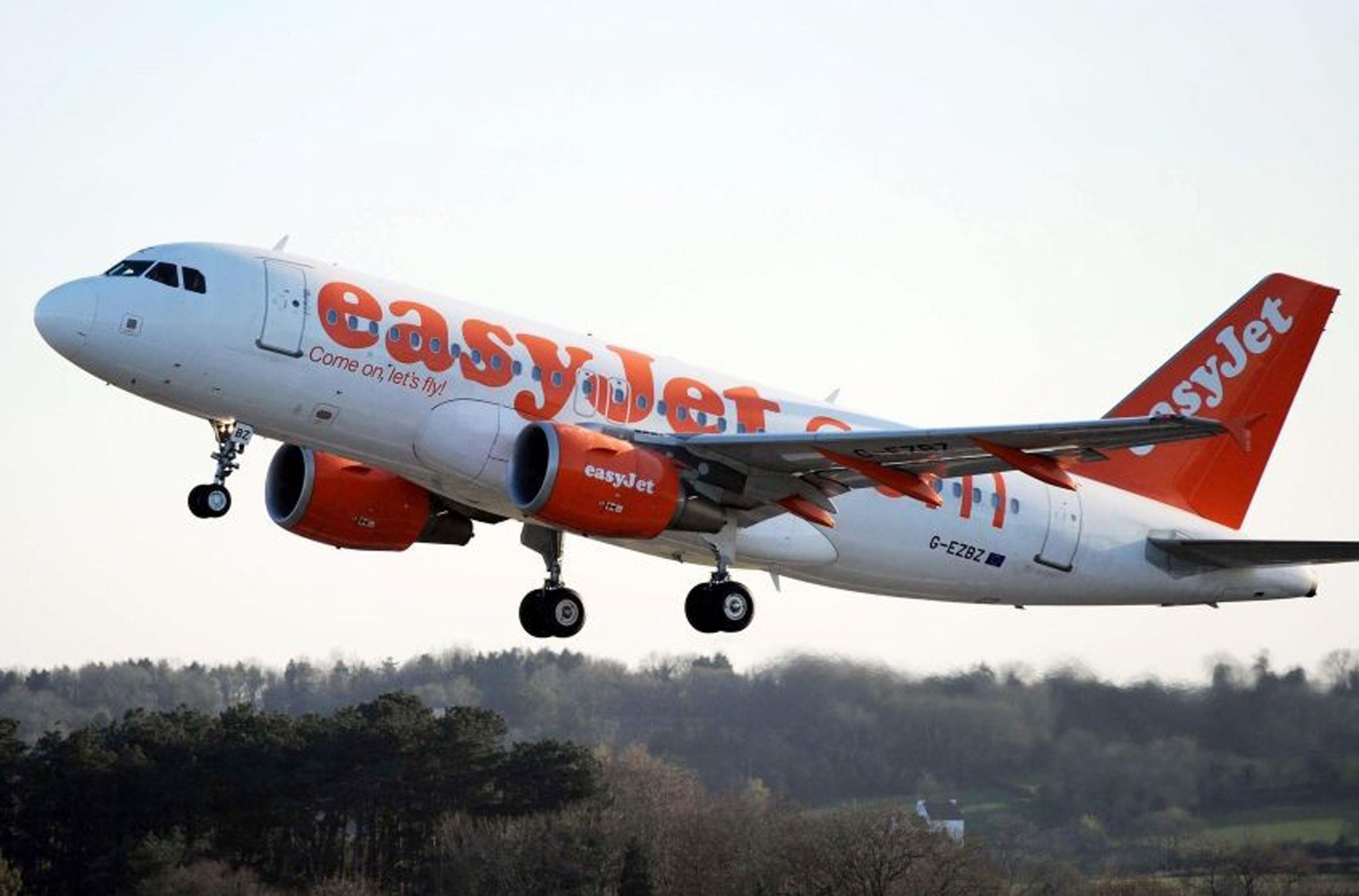EasyJet and Tesco have both benefitted from government support. That’s where the similarity ends
EasyJet is burning through cash and losing money. It’s far from alone in finding its back against the wall as a result of Covid-19, while the thriving grocery sector benefits from tax breaks it doesn’t need, writes James Moore


Comparing EasyJet with Tesco looks a bit like assessing the relative merits of a labrador puppy and a reticulated python.
The former two are both businesses that have shareholders and try to make money for them, the latter are both animals that people keep as pets (yep, some really do cuddle up with 20ft monster constrictor snakes). But that’s about as far as the points they have in common go.
That said, we live in strange and interesting times, and not in a good way. So as of today, this pair of very different businesses have something in common that isn’t usually there: because of the coronavirus pandemic they have both enjoyed significant levels of government support.
Tesco has benefitted to the tune of £585m from a business rate holiday, which has caused quite the controversy because even though the pandemic has increased its costs, it’s still making more cash than it could easily stuff in the fleet of trucks it maintains to deliver orders from its booming online grocery business.
As a result, it was able to unveil a 35 per cent increase to its interim dividend, which is going to cost it comfortably more than £300m.
Having the UK taxpayer, in effect, subsidise Tesco’s dividend has generated a great deal of heat, and with good reason.
EasyJet, by contrast, is burning cash faster than Tesco is making it – more than £700m every three months per its latest trading update.
Excepting a great big hanger in Luton, and some office space, it doesn’t have a great deal of property so the business rate holiday doesn’t do it a lot of good.
It has made use of the Job Retention Scheme to furlough staff, and it has also drawn on £600m through the Bank of England’s Covid Corporate Financing Facility.
But the latter is a loan, albeit one on favourable terms, and it will have to be paid back. Assuming easyJet is able.
If you’re one of its shareholders you are entitled to feel a little aggrieved that while your business is fighting for its life, the place where you buy you groceries is using government help it doesn’t need to give its shareholders a bung.
Where arguing in favour of easyJet starts to get tough is that it has played the dividend game too.
The company showered its shareholders with £174m in March, using the excuse that the payment already been voted on rather than exploring ways to suspend it to conserve cash.
I wrote at the time that its move highlighted the moral hazard of bailing out airlines that call for help as easyJet has once more done.
To be fair, it isn’t simply seeking financial support, although I’m sure it wouldn't object to an airline passenger duty holiday along the lines of the business rate holiday.
Some of the help it wants is practical. A working test and trace system, which we could all use, would assist its business no end. A little less changing of the quarantine requirements for travellers at the drop of a hat would also help, although that’s a more complicated debate.
But back to financial support: the tale of these two very different companies does rather demonstrate that any further government assistance should be more carefully targeted at businesses that are actually in need. Because it isn’t just Tesco. The Grocer recently estimated that the thriving sector it covers could benefit by more than £3bn from the cuts to their business rate bills.
That’s frankly unconscionable, given the economic challenges Britain faces at a time when some sectors, notably hospitality, are in danger of meltdown.
One way of mitigating the moral hazard I mentioned would be to make any further financial support more conditional than it has been to date.
Airlines in search of a bailout could, for example, be prevailed upon to improve their commitments to reduce their impact on the climate. The need for action on that is urgent.
The hospitality sector could, meanwhile, be asked to treat its workers a little better by getting rid of zero hours contracts.


Join our commenting forum
Join thought-provoking conversations, follow other Independent readers and see their replies
Comments